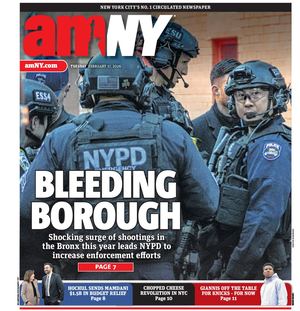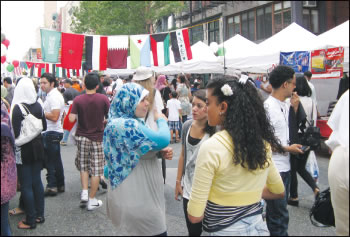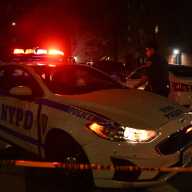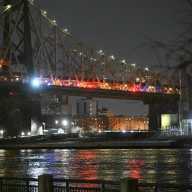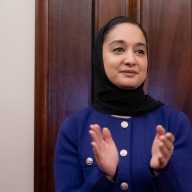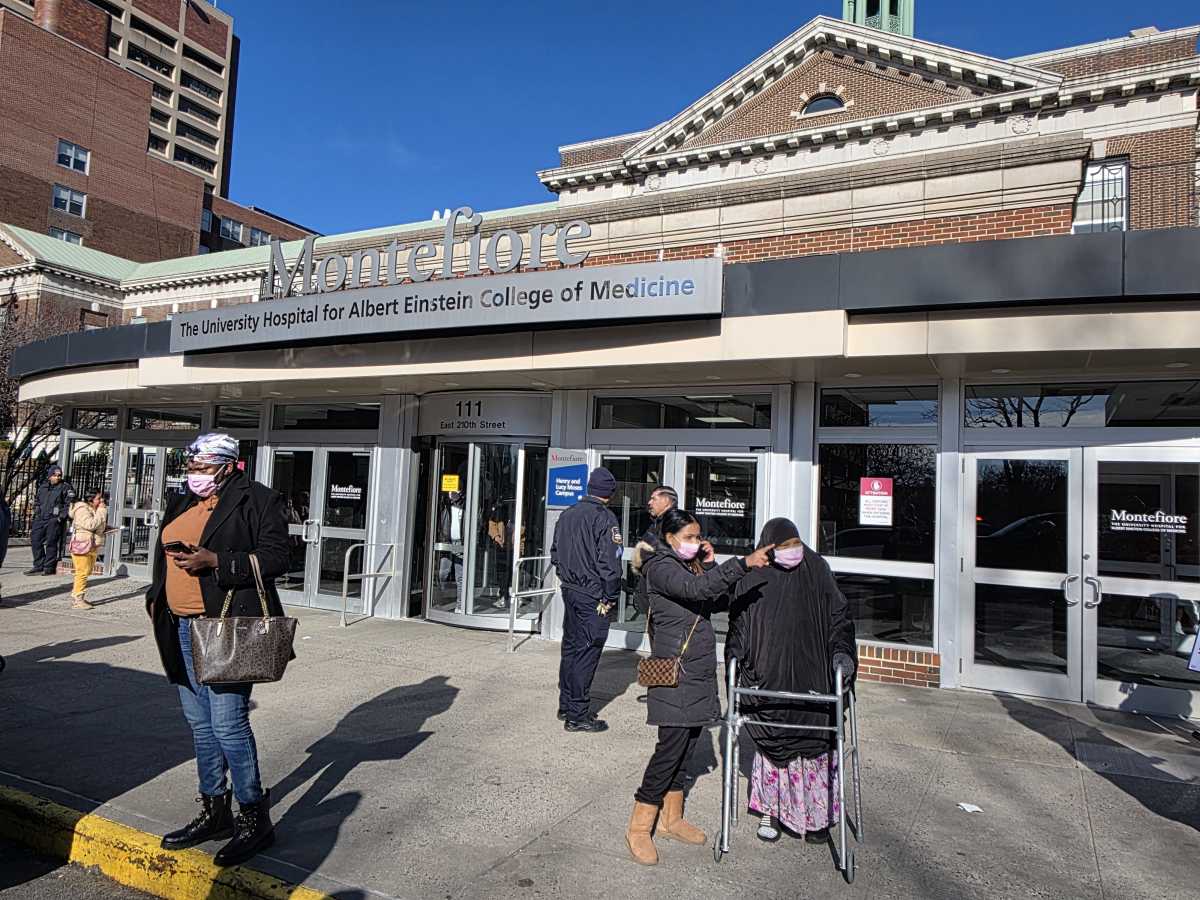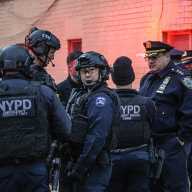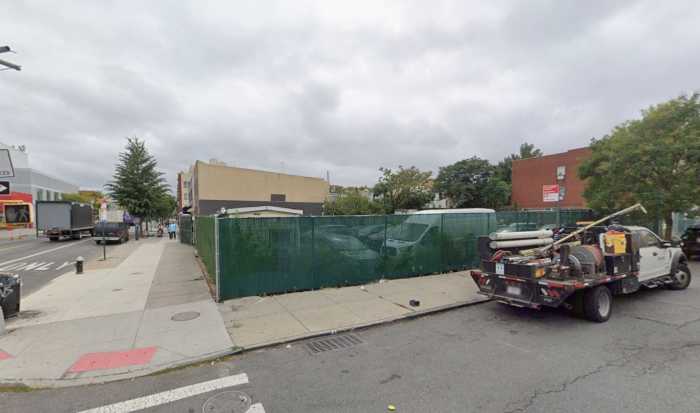BY Michael Mandelkern
The 8th annual Arab-American Cultural Street Festival defied the odds of a rainy day last Saturday and attracted a large and diverse crowd in Lower Manhattan.
Organized by the Network of Arab-American Professionals’ New York chapter, families gathered and curious onlookers wandered down Great Jones Street between Broadway and Lafayette to take part in the street festival.
Attendees lined up for gyros, kebabs, fruit shakes and falafels at the head of the festival and sat in a rest area to munch on baklava, grape leaves and kibbee. Farther down, passersby stopped by booths to try on Tamil and Tunisian garb and view Omni art.
“The number one objective is to share our culture and heritage. It’s such a diverse place,” said Sarab al-Jajakli, co-founder of the N.A.A.P.-NY.
Vendors laid out literature and DVDs about various countries, including cookbooks and history of Islamic civilization.
Some expressed their Arabic pride on their bodies with flags painted on their face and henna on their arms. People were serenaded with exotic music from Egypt, Morocco and other countries.
Audience members playfully danced together and by themselves, some women dressed in hijabs and other in traditional veils, as friends and family giggled and took photographs.
“It’s one big party,” said al-Jajakli.
The mass gathering drew in a modest turnout when it was run from 1998 to 2001 by a different organization, but the event has been bustling since the N.A.A.P-NY began hosting it eight years ago. The N.A.A.P.-NY began planning this year’s street fair six months ago by reaching out to vendors. In what he described as a “standard festival process,” vendors pay for their space to sell goods.
Young and old alike conversed and gleefully blew clouds of smoke in the air from shishas at tables near the concert stage.
“Different people can appreciate it and connect to their place of birth,” said al-Jajakli.
The festival was not intended to divide the Arab and non-Arab communities but rather, according to al-Jajakli, to serve as a reminder that “we are part of what built this great city.”
The N.A.A.P. is a volunteer-based national organization, with chapters in Boston, Washington, D.C., Los Angeles and four other major cities, that began in 2001. Its mission is to empower the Arabic community through social, cultural and political engagement.
The New York chapter formed in early 2002, only five months after the September 11 terrorist attacks.
“The vast majority of our feedback is positive, but there are a few bad apples,” said al-Jajakli.
He called the controversy over the Cordoba House, a 13-story community center with a prayer space, slated to be built two blocks from Ground Zero, “unfortunate,” particularly the vitriol blasted from members and supporters of Stop the Islamization of America, a self-proclaimed human rights group that opposes the as-of-right project and considers Islam a hateful and violent religion.
Al-Jajakli pointed out that Arab-Americans “were scarred the same way as everyone else” on 9/11 and that over 100 Arab-Americans were killed by the attack and have still “been victimized on multiple fronts.” The N.A.A.P. co-founder emphasized that him and many others have been raised in New York City and “want to move past the close-mindedness of some.”
Aside from a few ethnic slurs al-Jajakli overheard and political propaganda distributed by some, which was not technically allowed, including a pamphlet urging support of Palestinians to reclaim land in Israel, he was pleased by the event, as were the businesses.
“We’re here to celebrate culture. And the vendors did really well,” he said.
